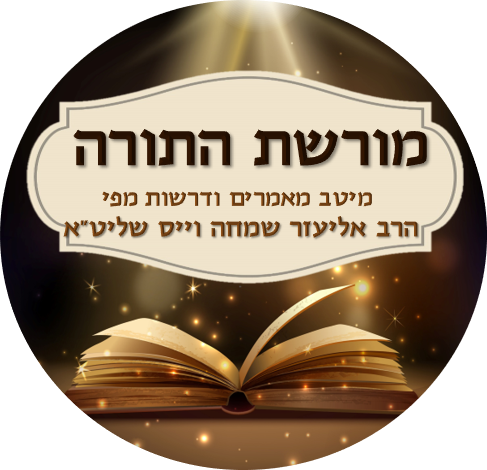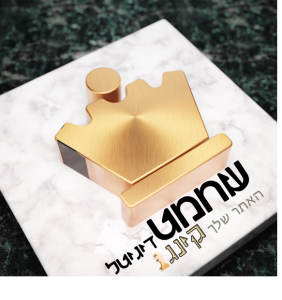SOCRATES’ THREE FILTERS TEST and THE THREE WEEKS
SOCRATES’ THREE FILTERS TEST and THE THREE WEEKS
We are all familiar with the expression, “sinat chinam” translated as” baseless hatred”. The Talmud (Tractate Yoma 9b) tells us that sinat chinam destroyed the Second Temple. It was, in effect, worse than the three cardinal sins of idolatry, immorality, and bloodshed which destroyed the First Temple for we rebuilt the First Temple after just 70 years while we are still waiting to rebuild the second, 1,930 years after its fall.
Just what is sinat chinam?
The definition: “baseless hatred” has always bothered me. Have you ever encountered someone who hated another person for no reason whatsoever? If we truly yearn for the rebuilding of the Bait Hamikdosh, we must demonstrate our commitment to eradicate sinat chinam from our midst. As the Chofetz Chaim wrote: “If Hashem destroyed the Beit Hamikdosh because of sinat chinam, the Temple will not be rebuilt it if we do not free ourselves of this terrible malady.” Although we are familiar that the Second Bait Hamikdosh was destroyed because of sinat chinam, the Chafetz Chaim suggests that it was really because of lashon horah, a by-product of sinat chinam. The Chafetz Chaim proves that these two terms: sinat chinam and lashon horah are synonymous and are used alternatively in the Talmud. This specific understanding of sinat chinam as lashon horah makes it easier to understand the affliction that bought about the destruction of the e Bait Hamikdosh and what is required to remedy that destructive habit.
How indeed can we avoid the blight of lashon horah?!
One day, in Ancient Greece, wise old Socrates walked down the road, when suddenly a man ran up to him.
“Socrates I have to tell you something about your friend who…”
“Hold on” Socrates interrupted him “before you relate this story to me did you put it through the three sieves?”
“Three sieves?” The man asks “What three sieves?”
“Let’s try it” Socrates says.
“The first sieve is the one of truth. Did you examine what you were about to tell me if it is ?” Socrates asked
“Well no, I just overheard it” The man said
“Ah, well then, have you used the second sieve, the sieve of good?” Socrates asked
“Is it something good what you’re about to tell me?”
“Ehm no, on the contrary” the man answered.
“Hmmm” The wise man said “Let’s use the third sieve then, is it necessary to tell me what you’re so excited about?”
“No not necessary” the man said “Well” Socrates said with a smile “If the story you’re about to tell me isn’t true, good or necessary, just forget it and don’t bother me with it”‘
BEFORE SPREADING RUMORS AND GOSSIP, APPLY SOCRATES’ THREE FILTERS TEST:
Is it true, is it something good about the person and is it useful?
While Hilchos lashon horah may demand asking the questions in a different order than Socrates, these three aspects are certainly elements that one should consider in every conversation.
Knowing that the implication of sinat chinam is the speaking of lashon
horah can help us understand what changes are required from us in order to merit the rebuilding of the Beit Hamikdash-no gossip no spreading of rumors –no speaking lashon horah .

 שחמט דיגיטל
שחמט דיגיטל